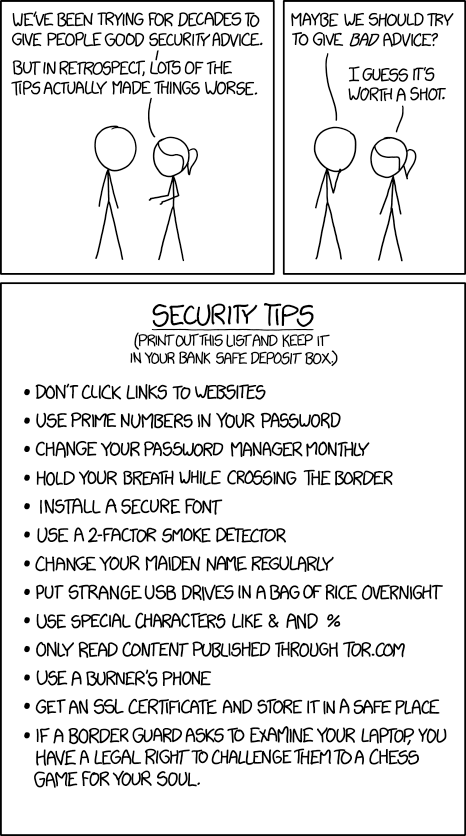Security: A shared responsibility¶
Why do I need to take security seriously?¶
We may be tempted to think that our work isn’t valuable enough to be hacked so we don’t need to take cybersecurity seriously. However, what we must understand is that HPC resources as well as many services you will use, are shared resources. They are used by many researchers studying a wide range of problems and are only as secure at the weakest link in the chain.
Any issues arising from the actions of one individual can therefore impact many of your colleagues and result in resources being taken offline whilst issues are investigated and remedied. Furthermore HPC systems are expensive resources typically run by small or modest sized teams so impacts, whilst hopefully rare, can be costly in time and personpower. This is before we consider the potential loss of data or breaches of sensitive data.
